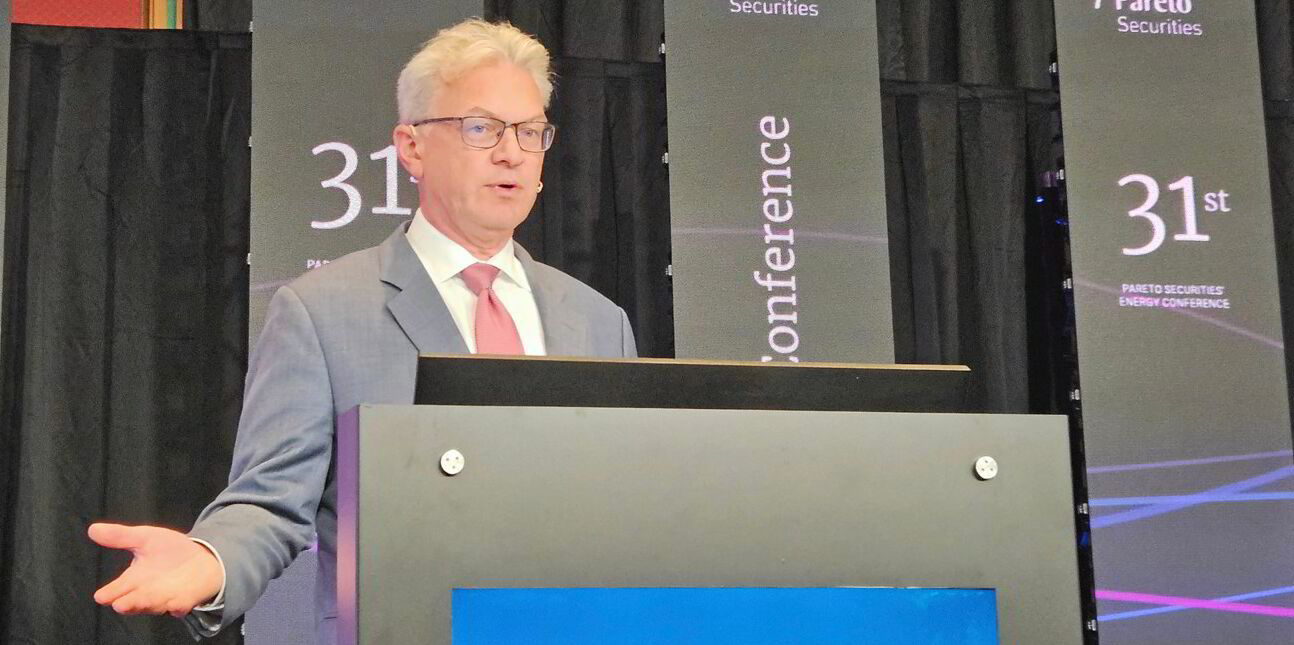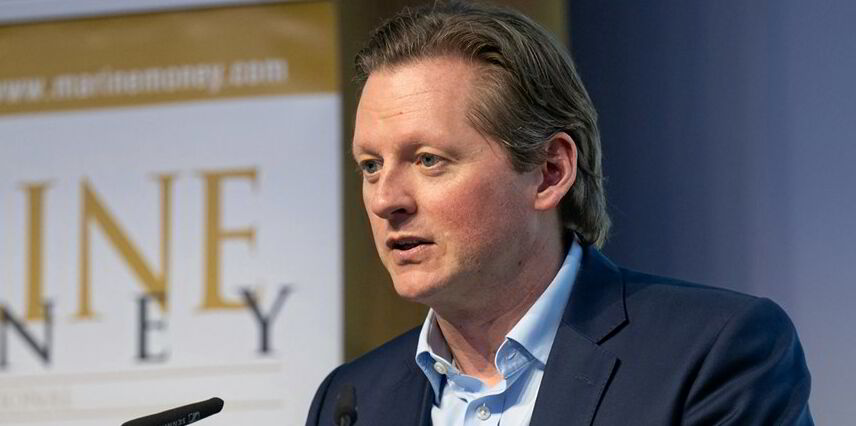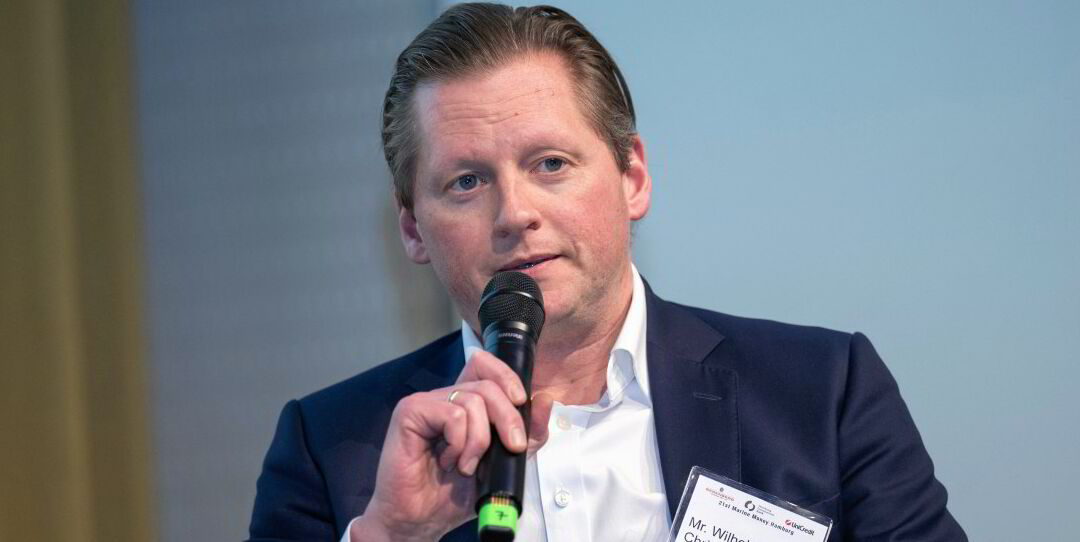NRP Maritime Asset Management is set to launch a new shipping fund.
The fund, Premium Maritime Fund 2024, is aiming to raise $100m.
Fund manager Nicolai Heidenreich, in a presentation with HC Andersen Capital last week, said: “We believe this cycle is going to be higher and for longer.
“It will be volatile for sure but there will be strong markets going forward.”
The fund will invest directly in vessels, alongside private shipowners.
The strategy will be similar to previous funds managed by NRP.
The management will build a portfolio of 20 to 30 direct ownerships in assets, taking 20% to 50% stakes in single ships.
The fund will target midsize and mid-age vessels, around 10 years old.
It will also focus on the most liquid segments within tankers, bulk carriers and feeder containers.
The fund managers, Heidenreich and Wilhelm Magelssen, are very focused on the downside.
Heidenreich said: “Volatility is fine if it is handled correctly. You just have to withstand the ups and downs. You need to be focused on sustainability of your cash breakeven.”
The fund’s investment strategy emphasises partner selection, asset selection, deal structuring and diversification.
NRP will invest with medium-size private shipowners that are aligned with the fund’s interest.
NRP’s Premium Maritime Fund 2022 recently finished investing.
It has invested in 32 vessels in the tanker, container and bulker space with 14 different partners.
The average vessel age is 10 years.
The internal rate of return as of the second quarter of this year was 26% per year.
NRP are “believers in long-term demand”.
Heidenreich said: “Demand for shipping is very, very rarely a problem. Shipping as an industry provides the basic needs of 8bn people. That momentum you can’t stop. It is the underlying belief we have in demand for shipping.”
According to Heidenreich it is usually the supply side that ends the upturn.
But “underinvestment combined with limited recycling of older tonnage due to strong market conditions has driven fleet age upwards” while the shipyard capacity has fallen since 2011.
“In a downturn scenario, there are so many ships that should have been scrapped in the last three to four years that haven’t been scrapped because of the strong earnings.
“That is the first line of defence in a downturn, especially for containers and bulkers,” Heidenreich said.






